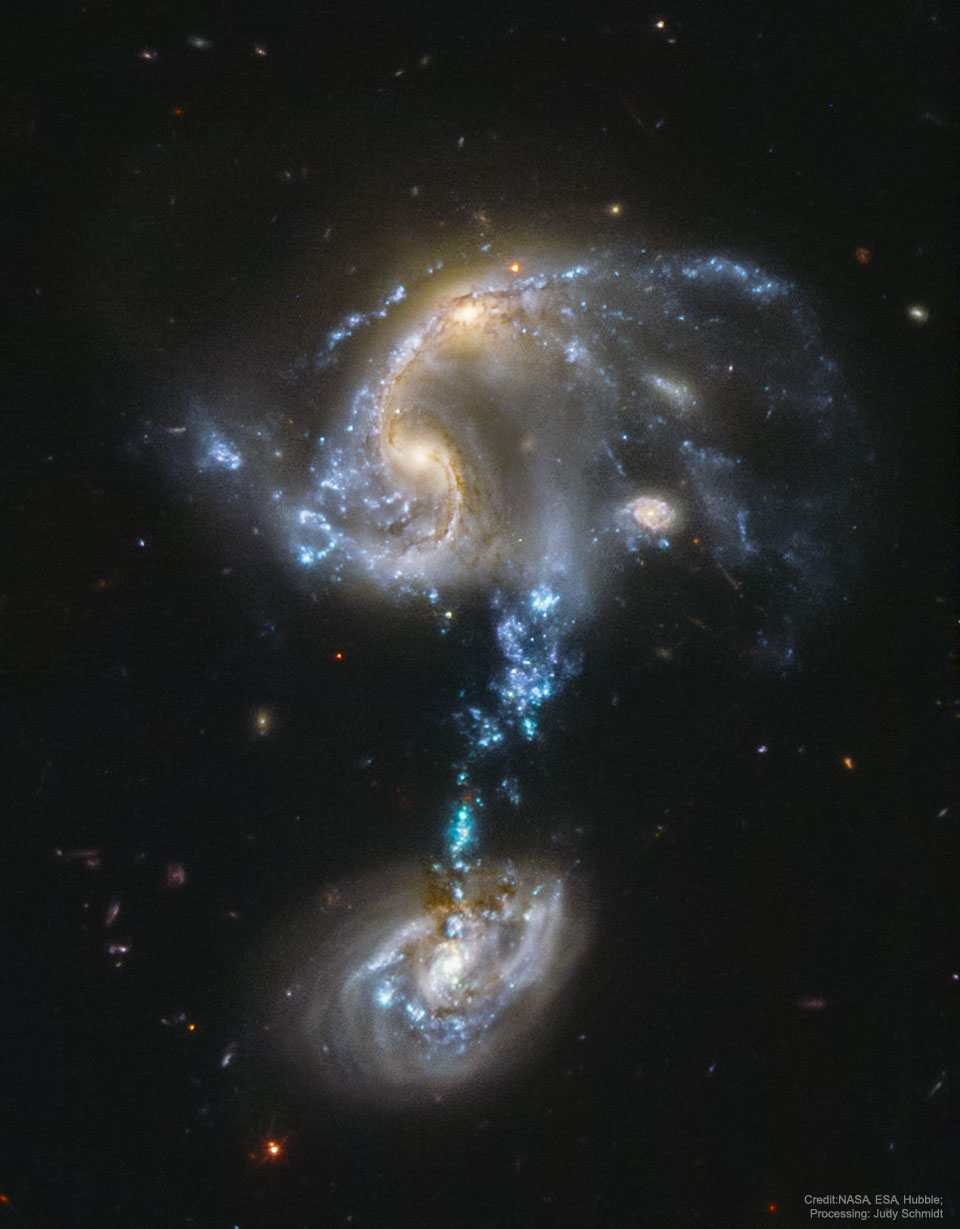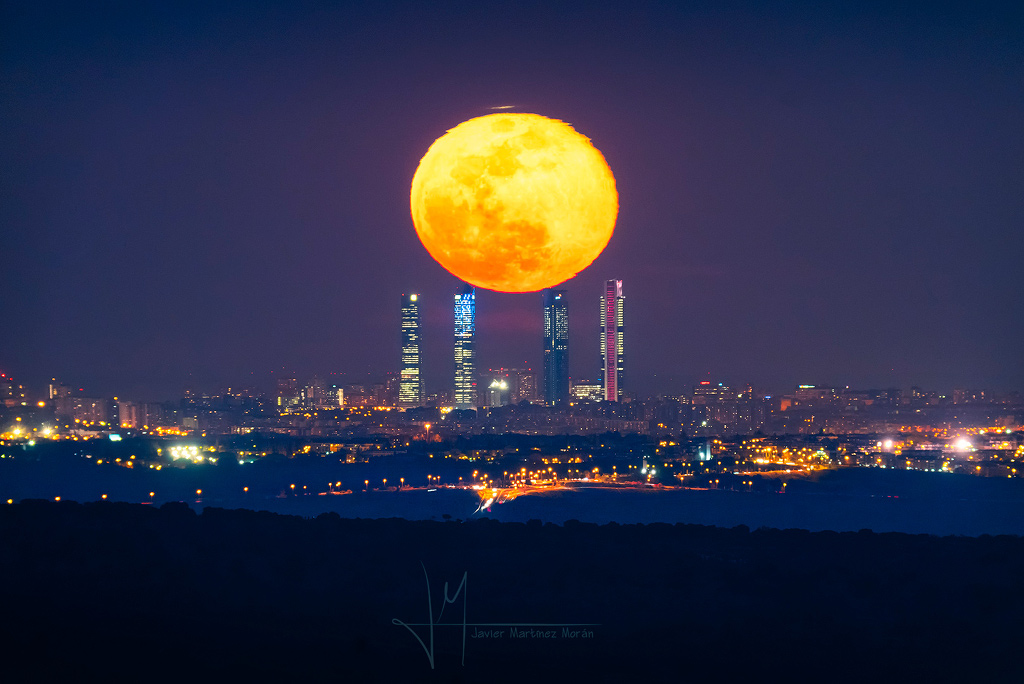
« Larimar » est le nom commercial donné à une pectolite bleue que l'on trouve spécifiquement en République dominicaine. Sa couleur varie du bleu turquoise au bleu clair et au blanc. Certaines pierres présentent une teinte bleu-vert. Cette pectolite bleue se trouve au sud-ouest de la capitale Saint-Domingue, dans la province de Barahona, près des villages de Filipinas et Los Checheses. Legisement primaire est situé sur un terrain volcanique. La pectolite bleue est présente dans les cavités de basaltes altérés.
Bruno Cupillard






